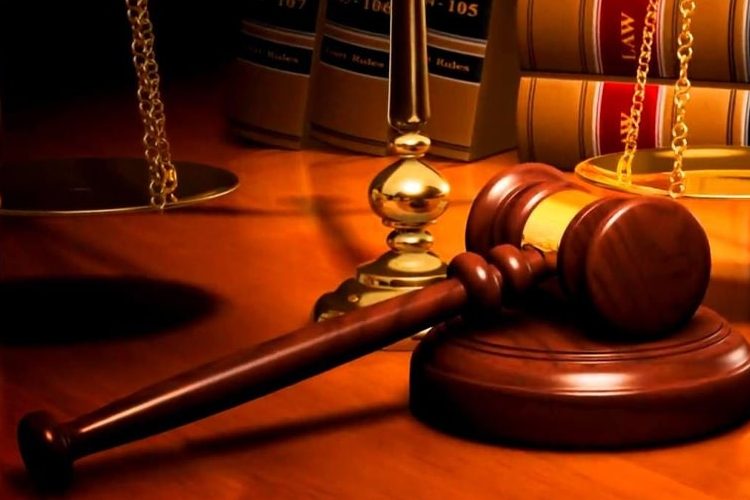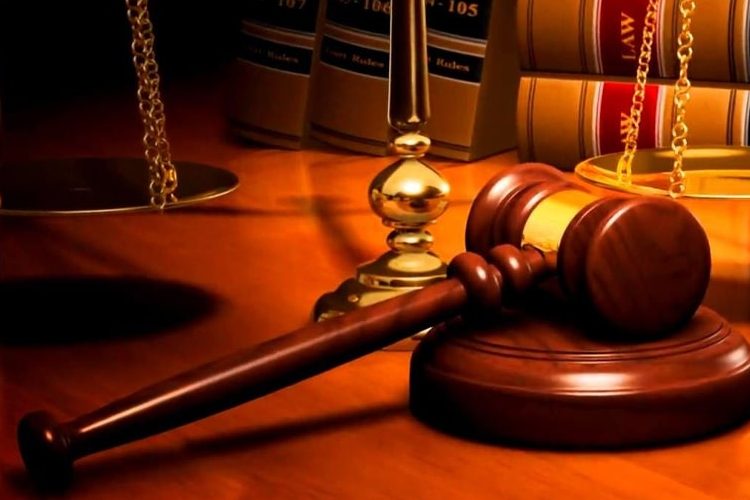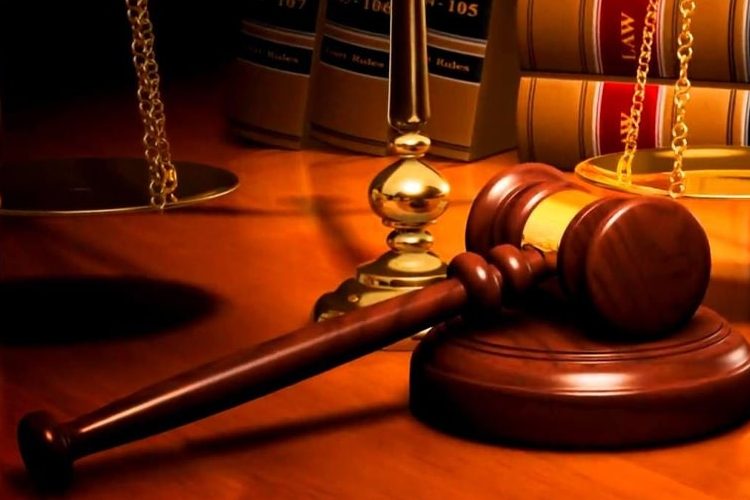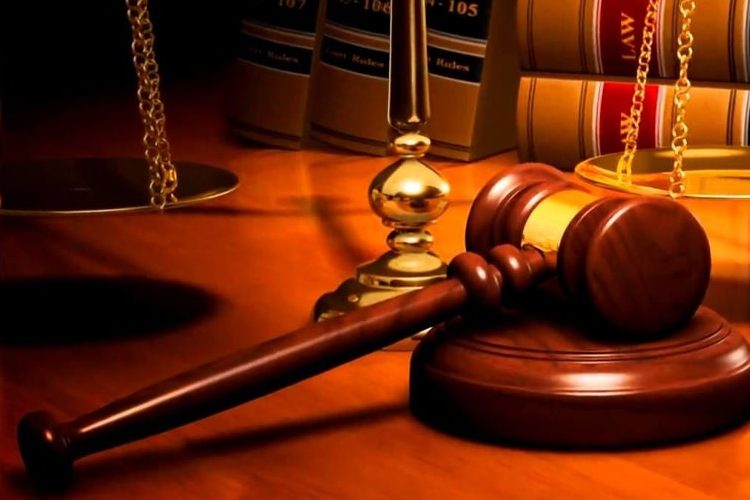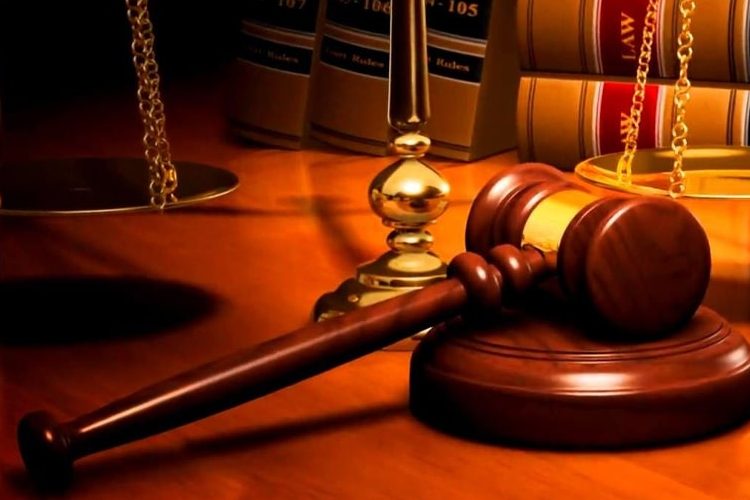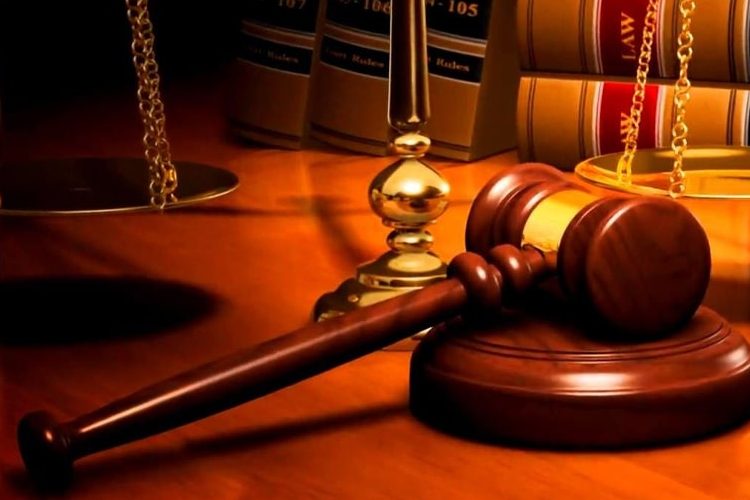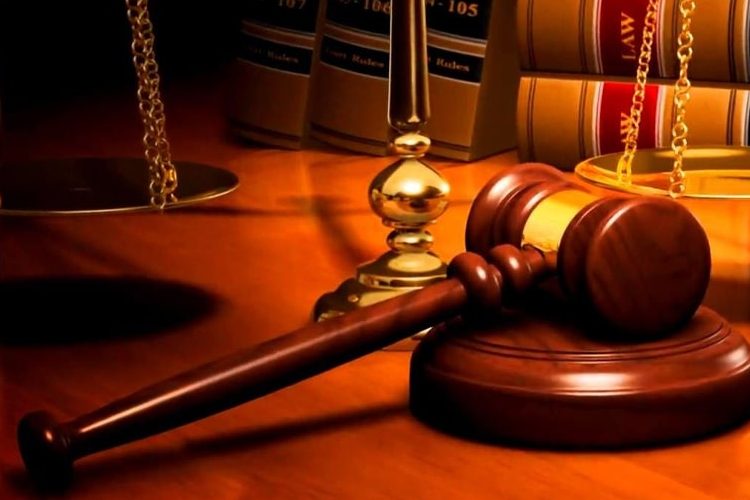
Vodafone International Holding v UOI
- 2022-02-16
Citation: (2017) 10 SCC 1
Decided on: September 6, 2018
Presiding Judge (s): Sanjay Kishan Kaul, Dhananjaya Y. Chandrachud, R. K. Agrawal, J. S. Khehar, S. A. Bobde, S. A. Nazeer, R. K. Agrawal, J. Chelameswar, A.M. Sapre JJ
Court : Supreme Court of India
Facts of the case: A retired High Court Judge K.S. Puttaswamy filed a petition in 2012 against the Union of India challenging the constitutionality of Aadhaar scheme which mandated submission of biometrics to access government services and benefits. His contention was that the Aadhar scheme is unconstitutional as it violated the right to privacy . The Attorney General of India argued against the existence of the fundamental right to privacy based on the judgments in M.P. Sharma and Kharak Singh. While addressing these challenges, the three Judge Bench took note of several decisions of the Supreme Court in which the right to privacy had been held to be a constitutionally protected fundamental right. However, these subsequent decisions which affirmed the existence of a constitutionally protected right of privacy, were rendered by benches of a strength smaller than those in M.P. Sharma and Kharak Singh. The case was referred to a Constitution Bench to scrutinize the precedents laid down in M.P. Sharma and Kharak Singh and the correctness of the subsequent decisions.
Issue: Whether the right to privacy is a fundamental right under Part III of the Constitution of India.
Judgment: The nine-judge bench of the Supreme Court passed a historic judgment affirming the constitutional right to privacy. It declared privacy to be an integral component of Part III of the Constitution of India, which lays down our fundamental rights, ranging from rights relating to equality (Articles 14 to 18); freedom of speech and expression (Article 19(1)(a)); freedom of movement (Article 19(1)(d)); protection of life and personal liberty (Article 21) and others. The crux of the decision spelled out an expansive interpretation of the right to privacy – it was not a narrow right against physical invasion, or a derivative right under Article 21, but one that covered the body and mind, including decisions, choices, information and freedom. However, the court clarified that like other fundamental right, the right to privacy is also not an absolute right. Right to privacy may be infringed in certain cases by state or non state actors if they satisfy the triple test of legitimate aim, proportionality and legality. Moreover, the Court discussed the negative and positive content of the right to privacy, where the State was not only restrained from committing an intrusion upon the right but was also obligated to take necessary measures to protect the privacy of an individual.
This ruling plays a significant role as this is the 1st Justice in the history of India stating that privacy is a constitutionally protected right which emerges primarily from the guarantee of life and personal liberty in Article 21 of the Constitution. The Court has also opined that the right would play important role in issues such as refusing medical treatment, reproductive rights, and the like. Justice Bobde observed that the right would include consent as an essential condition for distribution of inherently personal data such as health records. Moreover, this law is also seen as the steppingstone to creating a proper data protection regime to protect the privacy of an individual. It has already brought significant developments in cases such as decriminalising homosexuality.

